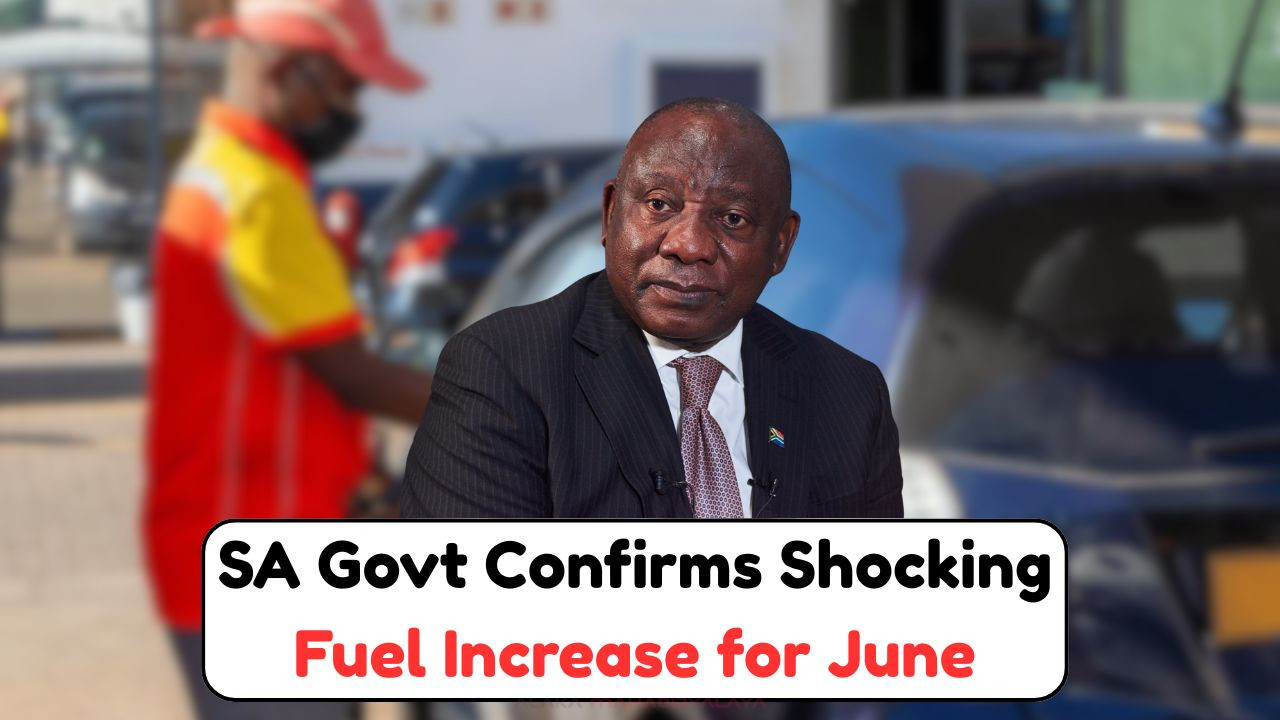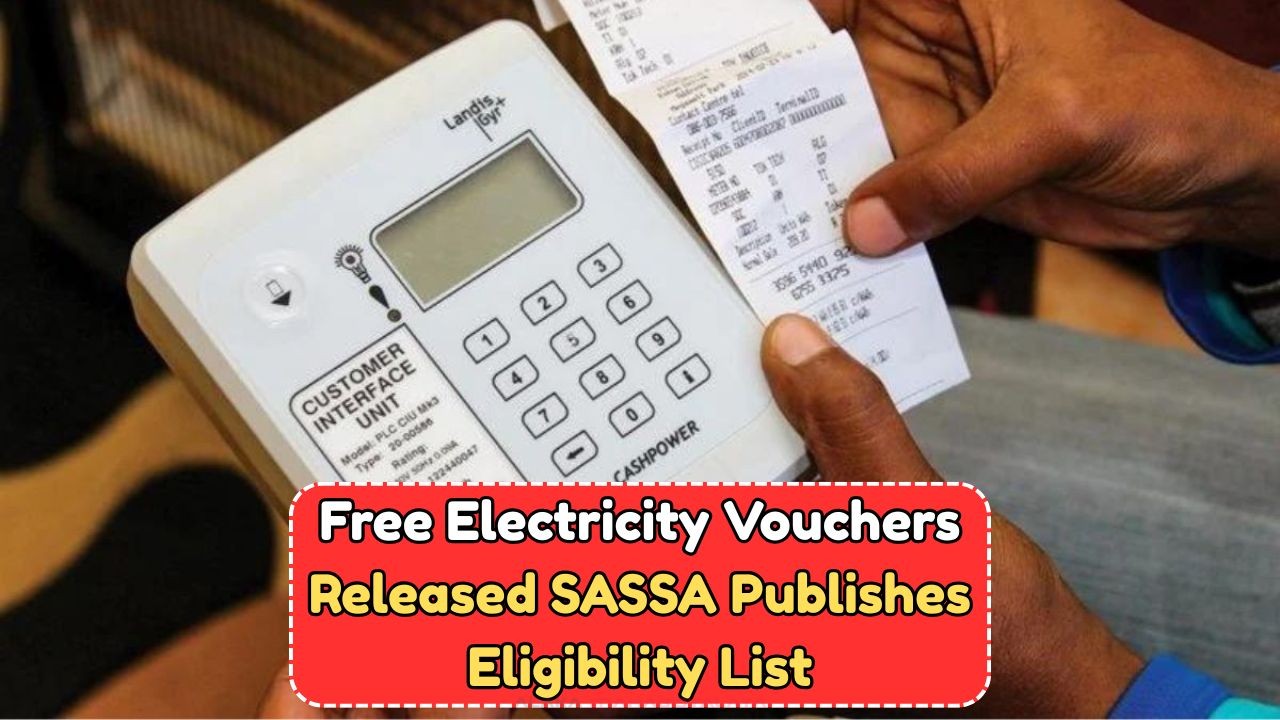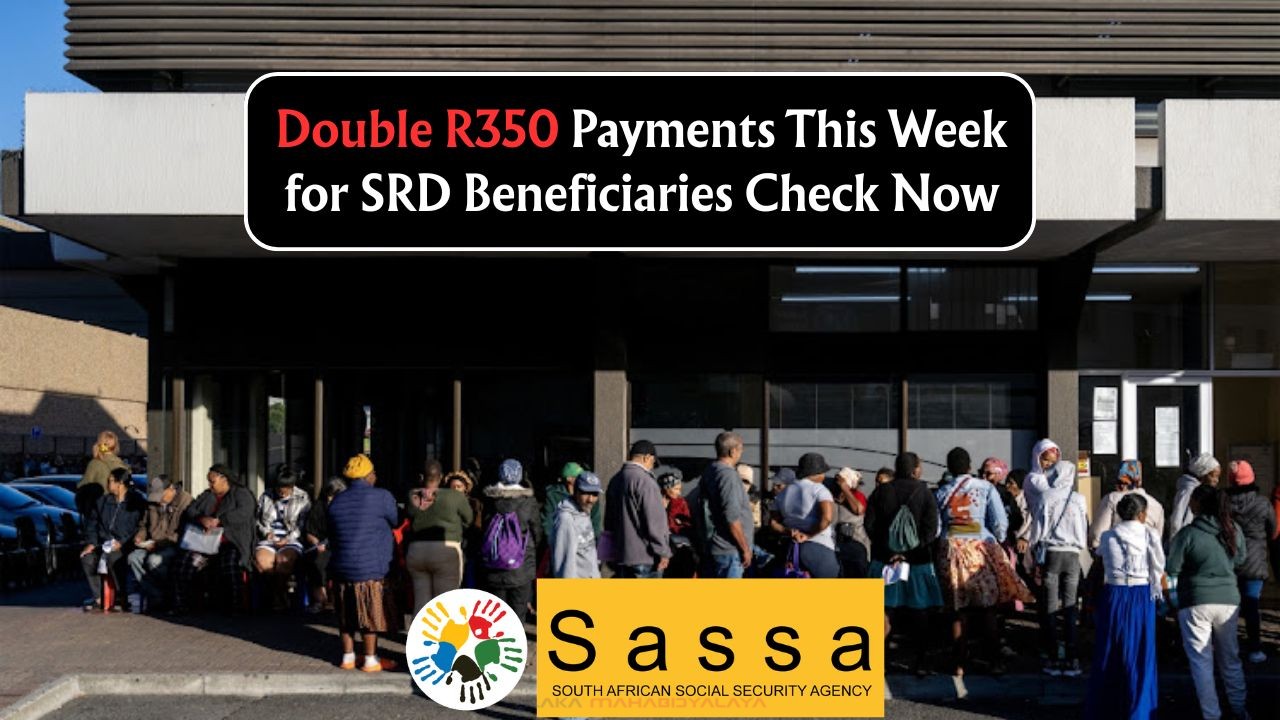June Shock: South Africa’s Fuel Prices Soar to Record Highs for Petrol and Diesel!In a surprising turn of events, South Africans are grappling with soaring fuel prices as petrol and diesel have reached unprecedented highs this June. The nation is witnessing a significant impact on both individuals and businesses, with the ripple effects being felt across various sectors.
Reasons Behind the Fuel Price Surge
The dramatic rise in fuel prices has been attributed to several key factors. Global oil prices have been steadily increasing, largely due to geopolitical tensions and production cuts by major oil-producing countries. Additionally, the weakening of the South African Rand against the US Dollar has exacerbated the situation, leading to higher import costs for fuel. Local taxes and levies have also contributed to the overall increase in fuel prices.
- Global oil price hike
- Weakening Rand
- Increased local taxes and levies
- Production cuts by oil producers
- Geopolitical tensions
Impact on South African Economy
The soaring fuel prices have a multifaceted impact on the South African economy. Transport costs have surged, affecting both public and private transportation. Businesses reliant on logistics and delivery services are experiencing increased operational expenses, which may lead to higher prices for goods and services. The agricultural sector is not spared either, as farmers face higher costs for fuel-dependent machinery.
| Sector | Impact | Current Situation | Expected Outcome |
|---|---|---|---|
| Transport | Cost increase | Higher commuter fares | Potential fare hikes |
| Logistics | Operational cost surge | Increased delivery charges | Price adjustments |
| Agriculture | Production costs rise | Higher machinery expenses | Increased product prices |
| Retail | Supply chain strain | Higher product prices | Inflationary pressures |
| Manufacturing | Increased input costs | Potential layoffs | Production slowdowns |
| Tourism | Travel cost rise | Reduced tourist inflow | Economic slowdown |
The general populace is also feeling the pinch, as household budgets are being stretched to accommodate the rising costs of transportation and goods.
Government Measures to Alleviate the Crisis
To address the escalating situation, the South African government is exploring various measures. These include considering a temporary reduction in fuel levies, encouraging the use of alternative energy sources, and promoting public transportation to reduce fuel dependency.
- Temporary reduction in fuel levies
- Promotion of alternative energy sources
- Encouraging public transportation
- Negotiations with oil-producing countries
- Strengthening the Rand
These efforts aim to cushion the economy and mitigate the adverse effects of the current fuel price surge.
Potential Long-term Solutions
Looking ahead, South Africa is considering sustainable solutions to address the volatility of fuel prices. These include investing in renewable energy projects, enhancing the efficiency of public transport systems, and incentivizing electric vehicle usage.
| Solution | Benefits |
|---|---|
| Renewable energy investment | Reduced dependency on oil |
| Improved public transport | Lower commuter costs |
| Electric vehicle incentives | Reduced carbon footprint |
| Energy conservation programs | Efficient resource use |
| Strategic oil reserves | Price stabilization |
| Currency stabilization measures | Stronger Rand |
| International cooperation | Global oil market stability |
| Policy reforms | Long-term economic resilience |
These strategies, while requiring significant investment and planning, are essential for ensuring economic stability.
Public Reactions and Concerns
The recent hike in fuel prices has sparked widespread concern among South Africans. Social media platforms have been flooded with discussions, as citizens express their frustrations and share coping strategies. Many are calling for more transparency in fuel pricing and stronger governmental intervention.
- Public outcry on social media
- Demand for government transparency
- Community-led fuel-saving initiatives
- Increased interest in carpooling
- Calls for renewable energy adoption
- Push for economic reforms
The government is urged to take swift and effective action to address these concerns and restore public confidence.
The road ahead for South Africa remains challenging, but with strategic planning and collective effort, the nation can navigate these turbulent times.
FAQ Section
Here are some frequently asked questions about the current fuel price situation in South Africa:
- What is causing the increase in fuel prices? The increase is primarily due to rising global oil prices, a weaker Rand, and higher local taxes.
- How are these prices affecting businesses? Businesses are facing higher operational costs, leading to potential price hikes for goods and services.
- What measures is the government taking? The government is considering reducing fuel levies and promoting alternative energy sources.
- Can we expect fuel prices to stabilize soon? Stabilization depends on global oil markets, currency strength, and government interventions.
Departmental Contact Details
For further inquiries, you can contact the following:
Department of Energy: [email protected] | Helpline: 0800 123 456
Department of Transport: [email protected] | Helpline: 0800 654 321
National Treasury: [email protected] | Helpline: 0800 987 654
Consumer Protection Agency: [email protected] | Helpline: 0800 876 543
South African Reserve Bank: [email protected] | Helpline: 0800 765 432






